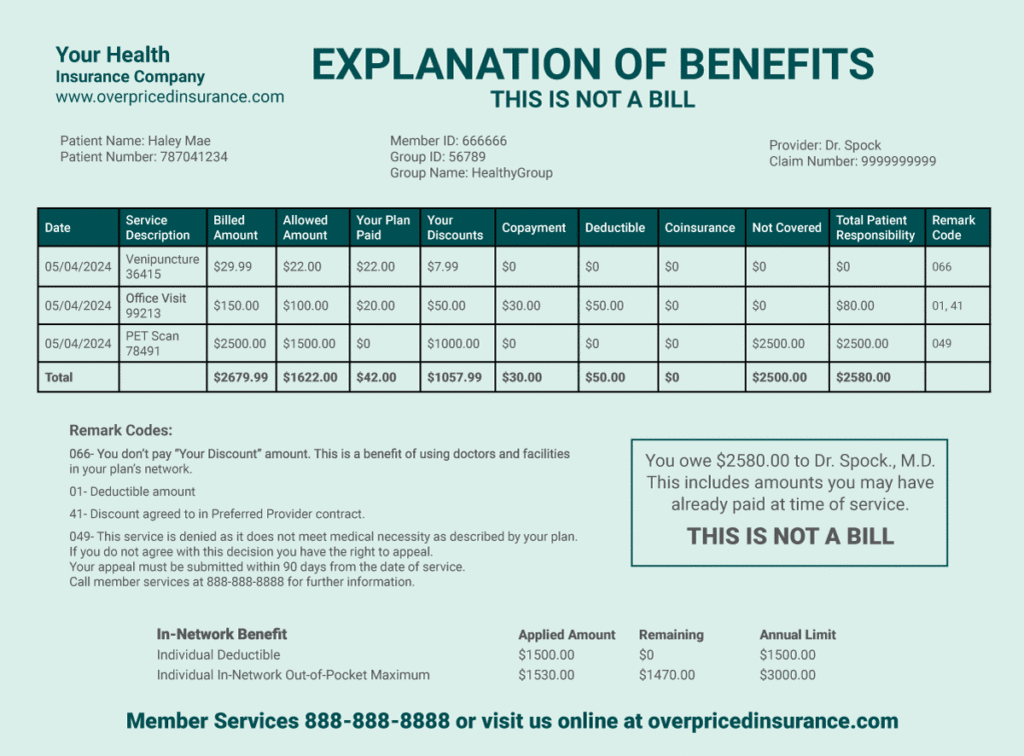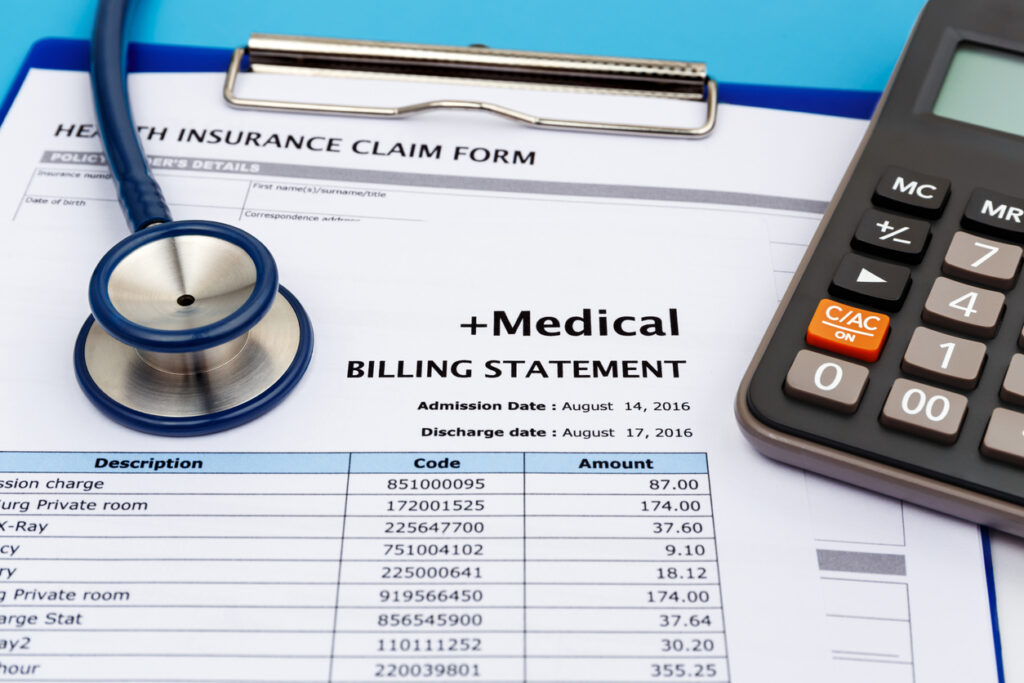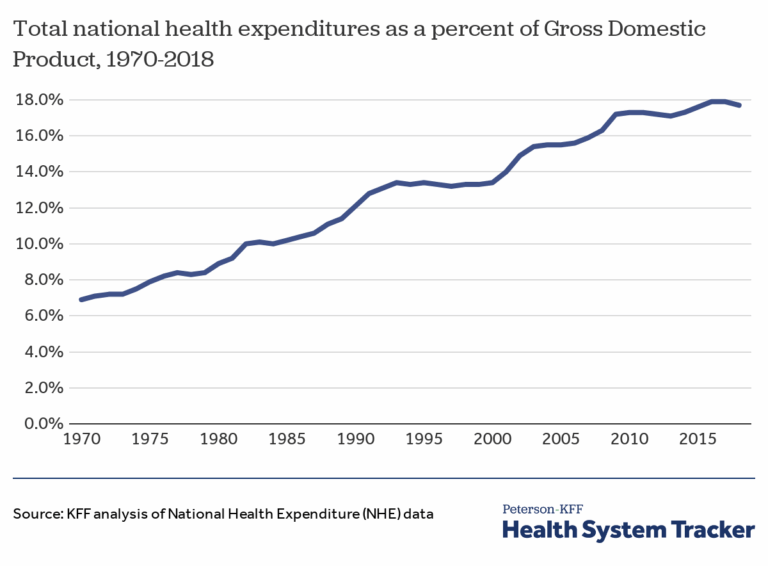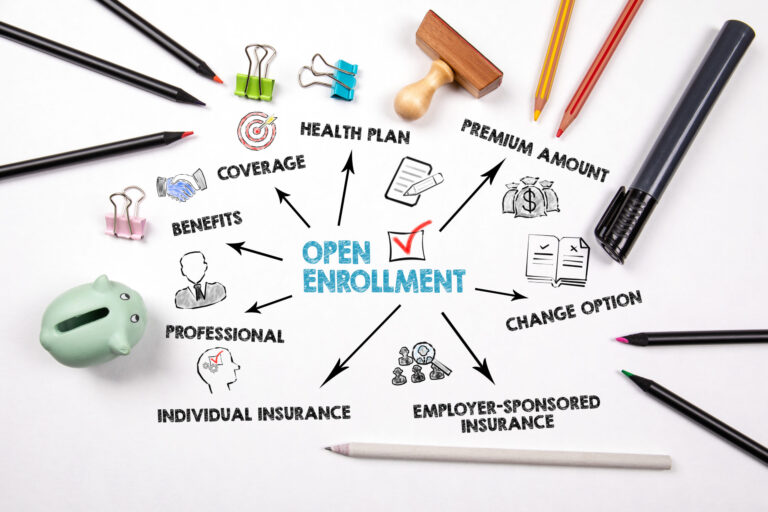8 Steps to Keep Medical Debt Off Your Credit Report
If you’ve ever wondered if medical debt can affect your credit, you are not alone. It can be confusing because of ever-changing federal and state laws. If you read our last article, you know that medical debt is a serious threat to your finances and appears on the credit reports of over 100 million adults in the U.S. Medical debt can limit your economic mobility and can even cause bankruptcy. So, how can you keep medical debt off your credit report?
1. Don’t Ignore the Medical Debt
If you have medical debt that you can’t pay or you dispute the amount of the debt, there are steps you must take. Ignoring the problem will only make it worse. In fact, creditors often win lawsuits for incorrect and unfair debts simply because the debtor didn’t respond or know how to respond by the deadline.
Since 2023, unpaid medical collection debt of $500 or more will not appear on credit reports for at least one year. Unfortunately, a federal judge reversed a new policy in July 2025 that would have prevented all medical debt from appearing on credit reports. If this rule had taken effect, it was predicted to help more consumers obtain mortgages and other loans. Medical debt is a frequent reason loan applications are rejected, even though some say it’s not a good credit measure.
Therefore, you have a year to resolve your medical debt and prevent it from ever hitting your credit score at all. If you are experiencing financial hardship, it’s often best to deal with your original creditor before the debt is sent to a collector. Explain your situation and request a pause in collections. It’s especially important to request a pause while you’re seeking financial assistance or working through an insurance denial.
Resolving the debt may involve addressing medical billing errors, appealing insurance denials, applying for financial assistance, and dealing with debt collectors and credit bureaus. It’s crucial to pay attention to deadlines, respond to all correspondence, and keep good records of all communications regarding your case. Additionally, for your records, send letters via certified mail with a return receipt.
2. Know Your Legal Rights and Protections
Free Credit Reports
Federal law allows you to get a free copy of your credit report every 12 months from each credit reporting company. By reviewing your credit reports, you can ensure they’re accurate and up to date. You can also look out for any signs of identity theft.
No Surprises Act
The federal No Surprises Act protects individuals against unexpected bills, particularly for emergency care and certain out-of-network charges. It covers consumers enrolled in private health insurance, such as employer-provided plans, and individual or group insurance on and off the ACA health insurance marketplaces.
This law bans:
- Surprise bills for emergency services from an out-of-network provider working in an in-network facility
- Out-of-network cost-sharing for all emergency and some non-emergency services
- Out-of-network charges and balance bills for supplemental care, like radiology, lab services, or anesthesiology, by out-of-network providers that work at an in-network facility
The No Surprises Act also protects the uninsured or those paying cash. If you got an estimate in advance, and your bill is more than $400 higher, you can dispute the charges.
If you receive a medical bill that you believe violates the No Surprises Act, you can reach the No Surprises Help Desk at 1-800-985-3059 or submit a complaint online.
State and Federal Debt Collection Laws
The Fair Debt Collection Practices Act (FDCPA) is the main federal law that governs debt collection practices and covers how debt can be reported in your credit report. The FDCPA also prohibits debt collection companies from using abusive, unfair, or deceptive practices to collect debts.
Most states have debt collection laws in addition to federal laws. To learn more about the laws in your state, contact your state attorney general’s office. Sixteen states have banned medical debt on credit reports. However, the federal government is moving to overrule these state medical debt bans.
Undue Medical Debt has provided a resource titled “Protect Your Credit: Keep Medical Debt Off Credit Reports.” It features templates to help you contact your representative or senator and express your opposition to revoking the federal rule banning medical debt from credit reports.
Legal Help with Medical Debt Nationwide
Anyone nationwide can access free legal rights resources and self-advocacy tools, as well as find free legal aid services at Lawhelp.org. You can also find legal assistance by state. If you need a lawyer but don’t qualify for legal aid services, you can contact your local bar association. They can often refer you to an attorney who will give you a consultation at a reduced fee.
Non-profit credit counseling agencies can help you create a budget and potentially negotiate a debt management plan with your creditors to lower payments or interest rates.

Legal Help with Medical Debt in Texas
Legal organizations also provide information at the state level. For example, if you live in Texas, you may visit Texas Law Help and find detailed guides and toolkits for Texans dealing with debt.
3. Dispute Medical Collection Debt
If you get a bill from a debt collector or see debt on your credit report that you don’t recognize, always have the debt collector validate the debt. Debts you don’t recognize could be scams or otherwise invalid. The Fair Debt Collection Practices Act requires debt collectors to provide written notice within five days of contact, detailing what’s owed and how to dispute bills. If they can’t validate the debt, all collection attempts must immediately cease.
Patients have 30 days to challenge the debt. Contact the debt collector — also by letter — and give reasons why you don’t owe the debt or why the amount is incorrect. Include proof such as cancelled checks, receipts, police reports, or other documentation.
Common defenses include:
- The debt amount is inaccurate
- The debt is paid
- The debt is not yours, such as resulting from identity theft
- Insurance should have paid
4. Examine Your Explanation of Benefits
If you have insurance and receive a large medical bill, always review your Explanation of Benefits (EOB). There may be items not paid by insurance that should have been covered under your insurance plan. Your EOB will tell you if any services have been denied and provide instructions on how to appeal them.
If any medical debt that is in collections is later paid by insurance, the debt must be removed.

5. Apply for Financial Assistance
You may also want to apply for financial assistance. Any debt paid with financial assistance must be removed from medical debt collections. Find more on financial assistance in our next blog article, How Can I Get Help with Medical Debt?
6. Scrutinize Every Medical Bill
Examine every medical bill for errors. Errors can range from coding errors to duplicate items to charges for services not received – even outright fraud.
To do this:
- Request an itemized bill with billing codes from your medical provider or hospital. Billing codes – CPT, DRG, and HCPCS – are like bar codes. Each code is attached to a specific healthcare service or item.
- Research or Google each code to get a description of the service or item. Does the description match the items and services you received?
- Contact your medical provider to resolve any errors so you are not responsible for an amount you don’t even owe!

7. Negotiate
Medical bills are not fixed and can often be negotiated. In fact, hospitals and medical systems charge different prices depending on who is paying! There is often a cash rate, a Medicare rate, and several different insurance rates.
Use a pricing app or online tool to get pricing information for each code. You can often use your billing code and pricing research to negotiate a lower bill or get estimates for planned care. If you want to know more, download our free guide 6 Ways to Negotiate Lower Healthcare Bills. You’ll learn some steps you can take, both proactively and reactively, to minimize healthcare bills and negotiate lower medical bills, whether you’re insured, underinsured, or uninsured.
For large, complex medical bills, you may want to consider hiring a Certified Medical Bill Advocate who specializes in understanding billing codes and negotiating medical bills.
8. Don’t Miss Any Payments
After you negotiate a payment plan or settlement that you can afford in writing, don’t miss any payments. As long as you stick to the final payment agreement, your medical debt will not affect your credit score. Medical debt that’s paid off also doesn’t go on your credit report.
Summary
- Don’t ignore the debt
- Know your legal rights and protections
- Dispute any debts that are wrong or that you don’t recognize
- Examine your EOB
- Apply for financial assistance
- Scrutinize medical bills
- Negotiate
- Don’t miss any payments
Article by Julie Gunstanson, Certified Medical Billing Advocate, and Lauren R. Jahnke, MPAff, author of Decoding Health Insurance and the Alternatives: Options, Issues, and Tips for Saving Money.
This article provides general information about medical debt. For guidance specific to your situation, consult financial counselors, billing advocates, or legal aid organizations in your area.
Decoding Health Care provides independent and educational information and does not endorse any specific insurance plans or other health coverage products.
Protect Your Finances from the Healthcare System
Subscribe now to receive our monthly newsletter. You’ll get the latest healthcare, financial, and insurance-related news and tips that affect your pocketbook.






